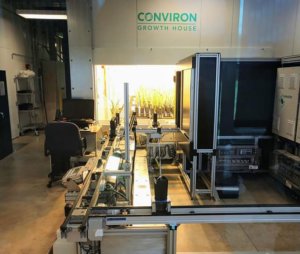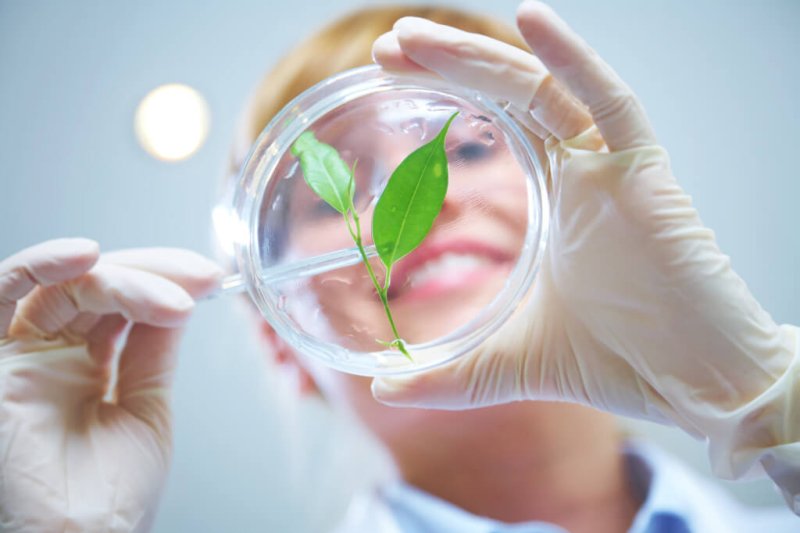Farmers in other parts of the world — particularly in third world countries — are experiencing REAL problems that the general public is probably not aware of. These issues could be:
- Disease
- Drought
- Chemical dependency
- Poor yields
- Climate change issues
These are just a few important examples. After having a chat with Dr. Nigel Taylor and Dr. Dilip Shah, I was very excited to be invited to the world’s largest independent plant research center called the Donald Danforth Plant Science Center in St Louis.
…
I think it’s a popular myth that only large agribusinesses work on developing GMO crops. This center is completely independent from all large agribusiness companies. There are hundreds of researchers; some from startups, some from smaller companies, some greenhouse space can be leased or rented to the “little guys” in the plant breeding arena to make it more affordable for them.

So, what about these problems mentioned above? …. At this research center [see photo above], they’re breeding crops for drought tolerance. They’re looking to utilize crops like sorghum for sources of bioenergy. They’re studying why some plants use water more efficiently than others. They’re taking thousands of data points, developing new cover crops, investigating carbon dioxide levels within the plant biotech sector ….
Read full, original article: GMO advancement isn’t dependent on ‘big ag’ to succeed































